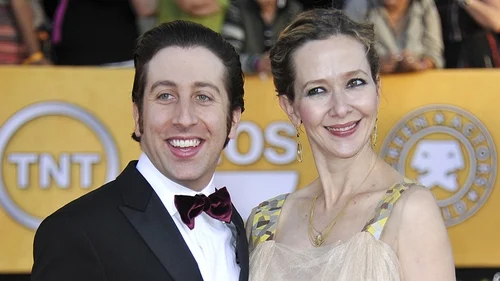Play is essential to a child’s development. In fact, play is a crucial factor in fostering a child’s cognitive, social and emotional growth. Thankfully, play isn’t just reserved for children. Playing with children can be a great way for adults to connect with their children. It gives adults a chance to be silly and take their minds off of their stress. It can also help adults bond with their children. Adults can play with their children in the comfort of their own home, or they can take their play outside. Whether you play outside or inside, block play is a great way to have fun together! This article explores the benefits of block play for infants and toddlers. It also lists some examples of what block play is, how it’s done, and its typical age recommendations. If you’re looking to incorporate more blocks for toddlers into your day, keep reading. However, these blocks are absolutely on GIGI Bloks, go and check them out!
Block Play Is Great For Building Fine Motor Skills
Playing with blocks can help your child build fine motor skills. This is especially true if you encourage your child to build with a variety of blocks. This will help your child build the following: Fine motor skills are essential to any child’s development. These skills allow your child to do things like tie their shoes, write their name, and feed themselves. Fine motor skills can be negatively impacted by conditions like cerebral palsy and Down syndrome. If your child is showing signs of poor fine motor skills, playing with blocks can help them build these skills.
It’s Good For Cognitive Development
Playing with blocks is good for cognitive development. This is because it exercises your child’s imagination, encourages them to make up stories, and also helps them think critically. This is because your child can try to make different shapes, form new objects, and break objects down into their constituent parts. Your child’s cognitive development is important for a number of reasons. First, it helps your child better understand the world around them. Second, it helps them develop cognitive skills and problem-solving abilities. This can help your child when they’re learning new things, but it can also help them when they’re reaching older ages.
It’s Good For Social and Emotional Development
Playing with blocks is good for social and emotional development. This is because it encourages your child to make friends, ask questions, solve problems, learn how to approach others, and express emotions. This helps your child learn how to interact with others, whether they’re family members, friends, or in a classroom setting.
Block Play Is Good For Body and Balance Development
Playing with blocks is good for body and balance development. This is because it exercises your child’s muscles, improves their balance and posture, and also helps them build confidence. Your child will feel proud of themselves when they see that they’ve built something, such as a tower, or even if they can balance an object on a stick.
Conclusion
There are many reasons why playing with blocks is beneficial for your child. From building fine motor skills to improving cognitive development, block play is a great activity for your child to engage in. Not only will it help your child, but it will help strengthen your bonds with your child and your family as a whole. If you’re looking to incorporate more blocks into your day with your child, block play is a great way to get started!








2 Comments